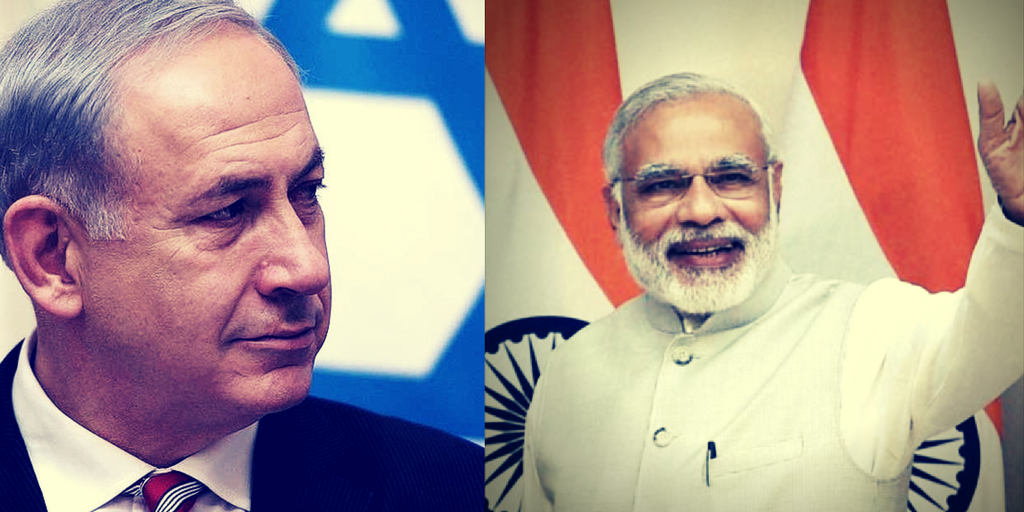(Communicated by the Prime Minister’s Media Adviser)
Prime Minister Benjamin Netanyahu and his wife Sara, today (Monday, 15 January 2018), were welcomed by Indian Prime Minister Narendra Modi at the presidential palace in an official ceremony that included an honor guard of more than 100 soldiers. Prime Minister Netanyahu’s vehicle received a mounted escort; the two countries’ national anthems were played.
Prime Minister Netanyahu:
“This is the dawn of a new era in the great friendship between India and Israel that began with Prime Minister Modi’s historic visit to Israel, which created tremendous enthusiasm. It continues with my visit here, which I must say is deeply moving for my wife and me, and for the entire people of Israel. And I think it heralds a flourishing of our partnership to bring prosperity and peace and progress for both our people.”
Following the ceremony, Prime Minister Netanyahu and his wife, along with Indian Prime Minister Modi, participated in a wreath-laying ceremony at the Raj Ghat memorial to the late Mahatma Gandhi. Prime Minister Netanyahu wrote in the guestbook: “Such grandeur and simplicity in honor of modern India’s founding father, one of the world’s greatest spiritual leaders.”







